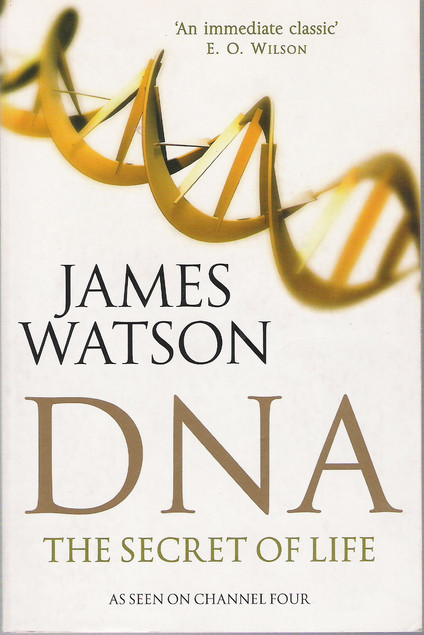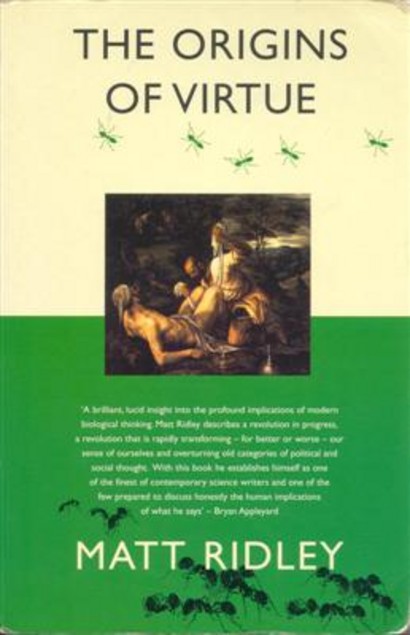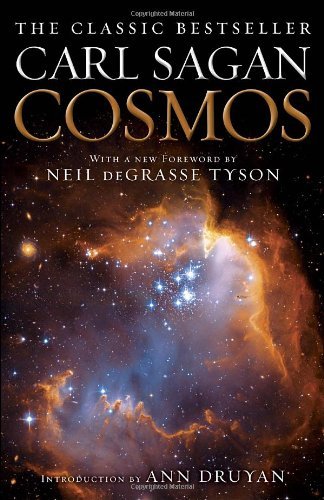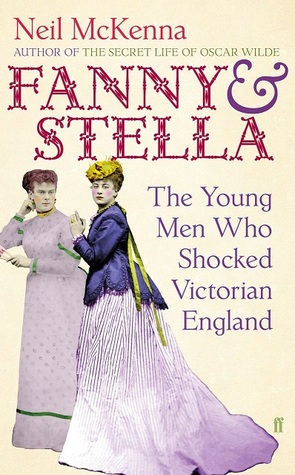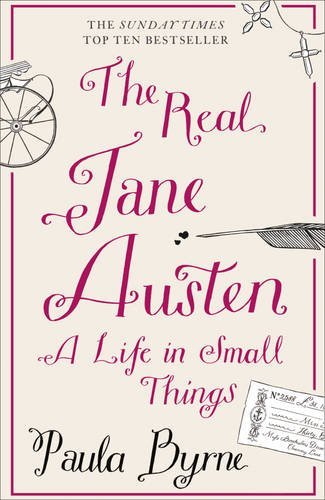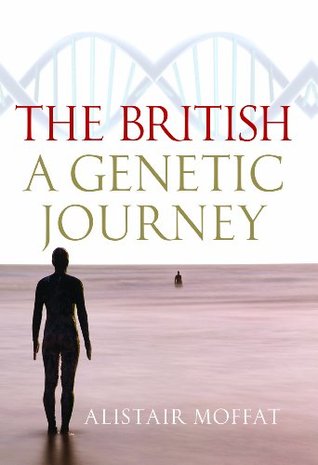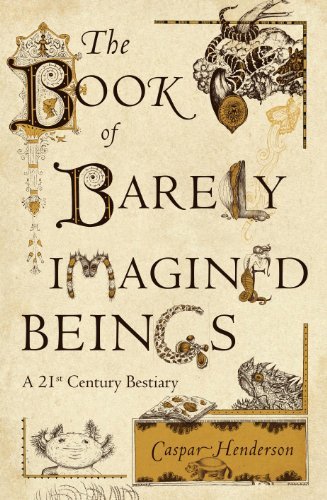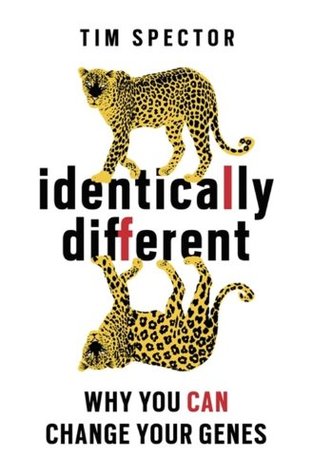 Identically Different: Why You Can Change Your Genes, Tim Spector
Identically Different: Why You Can Change Your Genes, Tim Spector
I wasn’t sure how this would turn out, since it mentions the widely ridiculed Lamarckian theory of inheritance, and the subtitle “Why You Can Change Your Genes” might sound a tad self-helpy. Luckily, it is actually a sound examination of current epigenetic theory, based on MZ and DZ twin studies looking at heritability. It makes an excellent follow-up to James Watson’s DNA, in that it moves on from the gene-centric view of biology to the more nuanced ideas we have now.
I’ve always been fascinated by epigenetics. The whole idea is what made me interested in potentially becoming a geneticist: the idea that Lamarck wasn’t entirely wrong, that events within a person’s life can be passed on to their children and grandchildren. (The famous giraffe neck example was unequivocally wrong, however.) The example given then, and raised in this book, is that of potential epigenetic changes caused by IVF treatments, and the general lower health of children conceived via IVF.
What really fascinates me now is that maybe my anxiety issues are related to the methylation of some of my DNA, preventing transcription of some proteins. And that would probably be a self-feeding process, with stress causing the original methylation and then decreased availability of a particular neurotransmitter causes more anxiety (less ability to regulate emotion) and more stress. If I could only remove those methyl groups from my brain cells, I could stop taking my medication and get on with my life. If I could magically go into research right now, that is undoubtedly where I’d go.
The book covers a lot of different topics — sexuality, gender identity, athletic ability, talent, religious belief — and manages to do so without stepping on too many toes, to my mind. It presents a much less deterministic version of genetics and the epigenome than Watson’s DNA does, which people may find more palatable.
It was basically the sort of book where I spent a lot of time texting people saying “did you know…?” I found it an easy read, and it has copious amounts of footnotes and opportunities to do further reading. Another one I heartily recommend!

